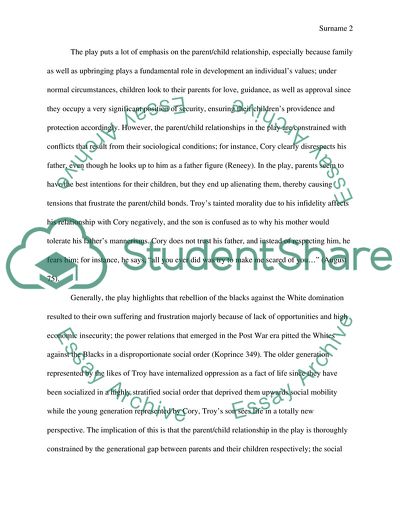Cite this document
(Analysis of Parent and Child Relationship in August Wilson's Fences Essay, n.d.)
Analysis of Parent and Child Relationship in August Wilson's Fences Essay. https://studentshare.org/literature/1808109-analyze-the-parentchild-relationship-in-august-wilsons-fence
Analysis of Parent and Child Relationship in August Wilson's Fences Essay. https://studentshare.org/literature/1808109-analyze-the-parentchild-relationship-in-august-wilsons-fence
(Analysis of Parent and Child Relationship in August Wilson'S Fences Essay)
Analysis of Parent and Child Relationship in August Wilson'S Fences Essay. https://studentshare.org/literature/1808109-analyze-the-parentchild-relationship-in-august-wilsons-fence.
Analysis of Parent and Child Relationship in August Wilson'S Fences Essay. https://studentshare.org/literature/1808109-analyze-the-parentchild-relationship-in-august-wilsons-fence.
“Analysis of Parent and Child Relationship in August Wilson'S Fences Essay”. https://studentshare.org/literature/1808109-analyze-the-parentchild-relationship-in-august-wilsons-fence.


